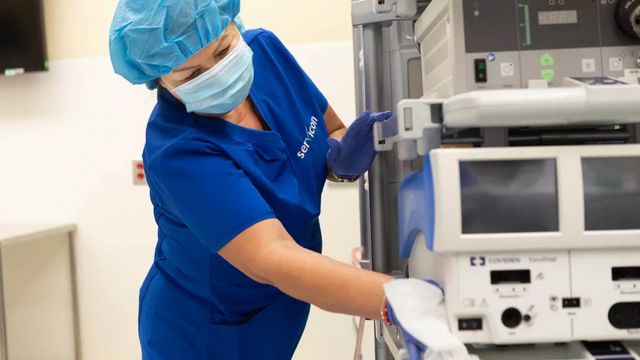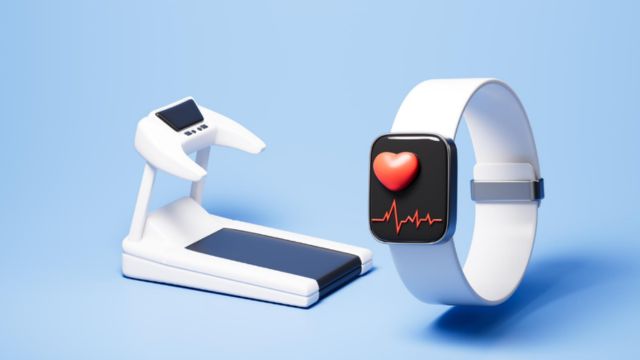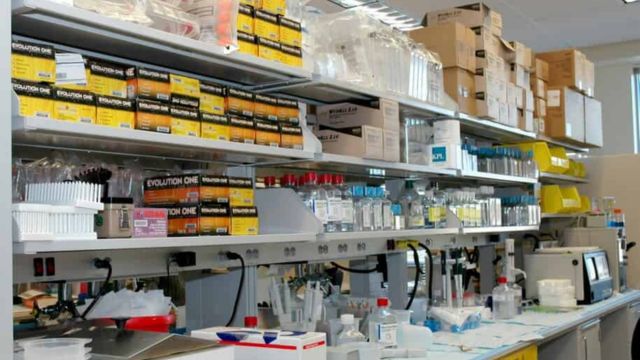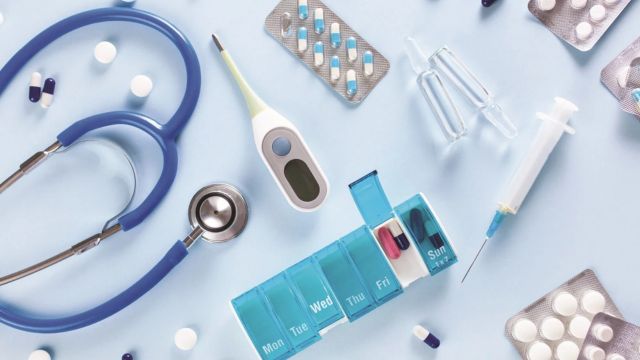Medical supplies are essential parts in the healthcare sector that guarantee efficient and good patient treatment. From simple tools like gloves and bandages to specialist tools like defibrillators and surgical instruments, every healthcare facility is built on these supplies. Nonetheless, each with its own set of difficulties, resources, and patient demands, ambulatory care centers and hospitals utilize and need medical supplies somewhat differently. Knowing the variations in how these two kinds of facilities make use of medical goods can help managers, doctors, and suppliers all around to have insightful analysis.
1. Understanding Ambulatory Care Centers and Hospitals
Defining what each sort of healthcare environment comprises helps one to better understand the particular function of medical supplies in these facilities:
- Ambulatory Care Centers (ACCs): Patients undergoing medical treatment without overnight admission are housed in outpatient facilities known as ambulatory care centres (ACCs). Routine check-ups, minor operations, diagnostic tests, and rehabilitation are just a few of the offerings in ambulatory care. Usually smaller than hospitals, these centres are meant to provide patients who do not need continuous supervision or intense therapies quick, easy treatment.
- Hospitals: Unlike ambulatory care centres, hospitals are larger, inpatient facilities meant to offer complete treatment for patients with a variety of diseases, including those needing emergency care, critical care, operations, and long-term treatment. Usually needing a substantially higher inventory of medical supplies to satisfy the various needs of patients, hospitals are ready to manage more serious medical disorders and crises.
2. The Role of Medical Supplies in Ambulatory Care Centers
Medical supplies play a pivotal role in ambulatory care centers, albeit in a more streamlined way than in hospitals. Since ACCs handle mostly outpatient services, the supplies used here tend to be focused on:
- Routine Procedures: Ambulatory care centers primarily focus on minor procedures and diagnostics, such as blood tests, vaccinations, wound care, and physical examinations. Therefore, the medical supplies used in these settings are typically basic but essential, including items like bandages, syringes, gloves, cotton swabs, and disinfectants.
- Point-of-Care Diagnostics: Many ambulatory centers are equipped to perform diagnostic tests like blood pressure readings, blood glucose levels, or even advanced imaging (e.g., X-rays or ultrasounds). Medical supplies related to diagnostic devices, testing kits, and small-scale laboratory instruments are common in ACCs.
- Surgical and Minor Procedures: Although ACCs perform only minor surgeries, such as mole removals, biopsies, and joint injections, they still need a variety of medical supplies. This includes sterile instruments, surgical drapes, needles, and sutures. These centers are designed for quick turnarounds, so the supplies must be carefully chosen to avoid overstocking while maintaining safety and patient comfort.
- Patient Monitoring: While not as sophisticated as hospital setups, some ACCs are equipped with basic monitoring devices for tracking patients’ vital signs during procedures or post-procedure recovery. These devices require medical supplies such as ECG leads, oximeters, and blood pressure cuffs.
You may like this: The Importance of Sterilization in Medical Supplies
3. The Role of Medical Supplies in Hospitals
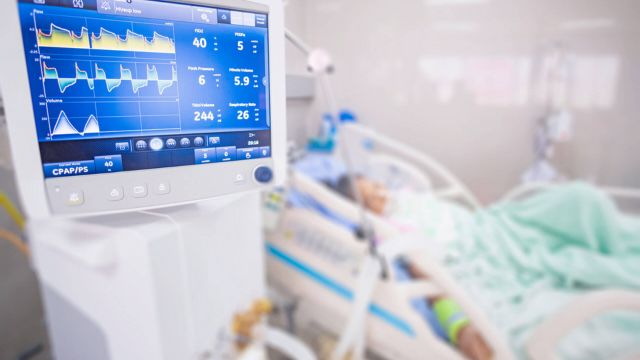
Hospitals, being more comprehensive in the scope of services they offer, utilize a much broader range of medical supplies to meet the demands of both emergency and non-emergency care. Some of the key medical supplies required in hospitals include:
- Critical Care Supplies: Hospitals are equipped to handle serious and life-threatening conditions. Supplies for intensive care units (ICUs), emergency departments (EDs), and operating rooms (ORs) are significantly more specialized than in ambulatory care centers. These include ventilators, defibrillators, IV pumps, and monitoring equipment such as ECG machines, pulse oximeters, and infusion devices.
- Surgical Instruments: In hospitals, medical supplies also include a wide array of surgical instruments, which are essential for conducting complex surgeries. These instruments are more specialized than the basic ones used in ACCs and need to be sterile, high-quality, and designed for a wide range of procedures, including complex organ surgeries, orthopedic procedures, and neurosurgery.
- Advanced Diagnostics: Unlike ambulatory care centers, hospitals often provide advanced diagnostic tools that require specialized medical supplies. For example, hospitals are equipped with MRI machines, CT scanners, and other high-tech diagnostic equipment that require specific consumables like contrast agents, sterile containers, and diagnostic kits.
- Medications and Infusions: Hospitals handle patients who need long-term medication and infusion therapies. These include intravenous drugs, pain management, chemotherapy, and antibiotics. The supplies needed for these therapies include IV bags, administration sets, pumps, syringes, and medication vials.
- Patient Monitoring: In a hospital, patient monitoring is continuous and intensive. Hospitals utilize various equipment and supplies for continuous monitoring, such as cardiac monitoring systems, ventilators, blood glucose monitoring systems, and oxygen delivery systems, which are essential for critically ill patients.
4. Key Differences in Medical Supplies Between ACCs and Hospitals
The scale and expertise of medical supplies in ambulatory care facilities and hospitals define them most from one another. Although ambulatory care centres usually concentrate on more common operations and outpatient treatments, hospitals offer complete therapy ranging from emergency care to long-term patient care. hence:
- Ambulatory care centers use basic medical supplies for routine, non-invasive procedures and diagnostic tests.
- Hospitals require a much wider variety of specialized, critical care supplies to treat patients with more serious or complex conditions.
You may like this: Essential Training and Skills Needed to Become a Successful Clinical Engineer: A Complete Guide
5. Conclusion
Medical supplies are essential at both hospitals and ambulatory care facilities, but their particular requirements and kinds vary depending on the extent of the services rendered. Although ambulatory care centres concentrate on outpatient treatments, hospitals are more suited to treat acute diseases hence their needs for medical supplies are significantly more varied and specialised.
At J & J Supplies, we appreciate the need of dependable, premium medical supplies for all kinds of healthcare facilities. Whether your demands call for specialised equipment for a hospital or basics for your ambulatory care centre, we have a large selection of items to fit them. Subscribe to our email for the most recent news, ideas, and product updates today to keep informed on the newest trends and products in clinical engineering and medical supplies!

